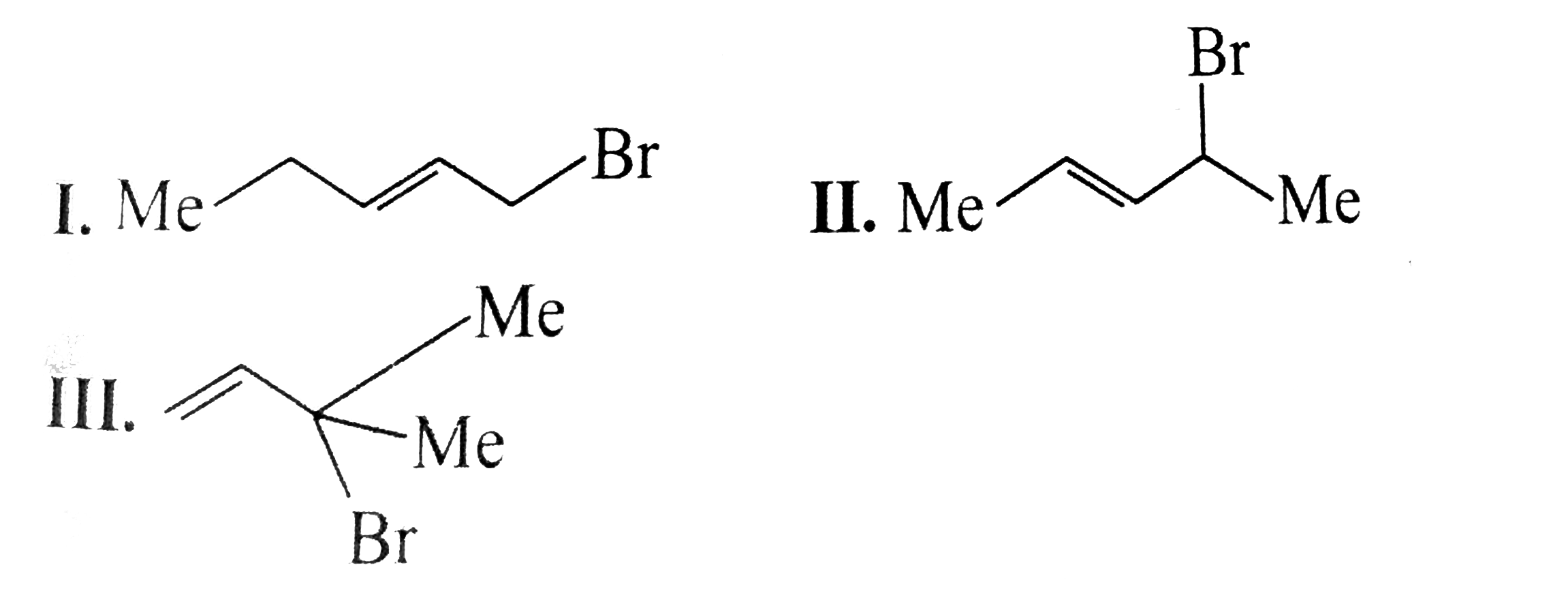Which of the following halides will be most reactive towards SN2 reaction?
C6H5CH2CH2CH2Br
C6H5−CH| CH3−CH2Br
C6H5CH3| C | CH3−Br
C6H5−CH2−CH| Br−CH3
The correct Answer is:A
Step by step video, text & image solution for Which of the following halides will be most reactive towards S_(N^(2)) reaction? by Chemistry experts to help you in doubts & scoring excellent marks in Class 12 exams.
Topper's Solved these Questions
- BOOK - OP TANDONCHAPTER - BASIC PRINCIPLES OF ORGANIC COMPOUNDS (MECHANISM OF ORGANIC REACTIONS)EXERCISE - SET II24videos
BASIC PRINCIPLES OF ORGANIC COMPOUNDS (MECHANISM OF ORGANIC REACTIONS)
- BOOK - OP TANDONCHAPTER - BASIC PRINCIPLES OF ORGANIC COMPOUNDS (MECHANISM OF ORGANIC REACTIONS)EXERCISE - ASSERTION-REASON TYPE QUESTIONS15videos
BASIC PRINCIPLES OF ORGANIC COMPOUNDS (MECHANISM OF ORGANIC REACTIONS)
- BOOK - OP TANDONCHAPTER - BASIC PRINCIPLES OF ORGANIC COMPOUNDS (MECHANISM OF ORGANIC REACTIONS)EXERCISE - OBJECTIVE QUESTIONS (Level-A)193videos
BASIC PRINCIPLES OF ORGANIC COMPOUNDS (MECHANISM OF ORGANIC REACTIONS)
- BOOK - OP TANDONCHAPTER - BASIC PRINCIPLESEXERCISE - SECTION V INTEGER ANSWER TYPE QUESTION3videos
BASIC PRINCIPLES
- BOOK - OP TANDONCHAPTER - CARBOXYLIC ACIDS AND THEIR DERIVATIVESEXERCISE - Integer4videos
CARBOXYLIC ACIDS AND THEIR DERIVATIVES
Similar Questions
Knowledge Check
- Question 1 - Select One
Which of the following compound will be most reactive toward S1N reaction?
ACH3−CH3∣C∣CH3−1BCH3−I∣CH−CH3CPh−Ph∣−∣CH3IDCH3CH=CH−I - Question 2 - Select One
Which of the following halides will be most reactive in SN1 reaction and SN2 reactions, respectively
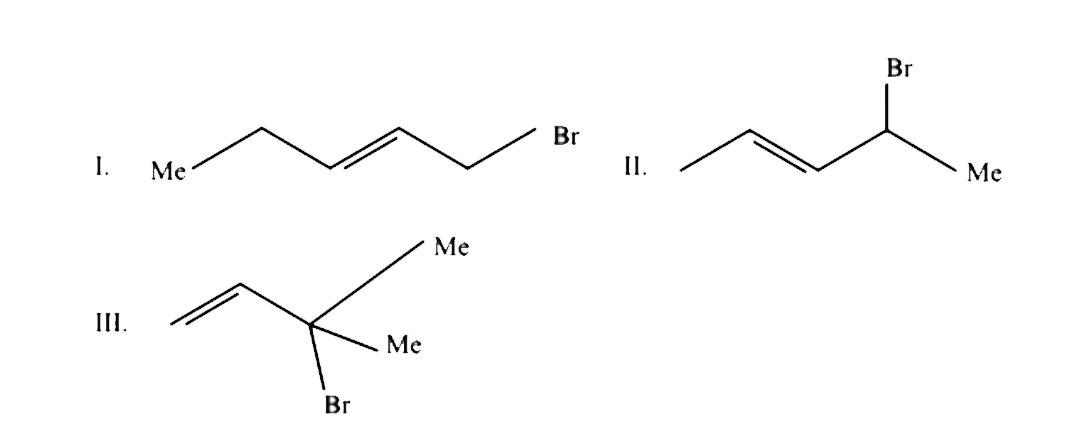 A(I), (II)B(II), (I)C(I), (III)D(III), (I)
A(I), (II)B(II), (I)C(I), (III)D(III), (I) - Question 3 - Select One
Which one of the following species will be most reactive in SN2 reaction
A B
B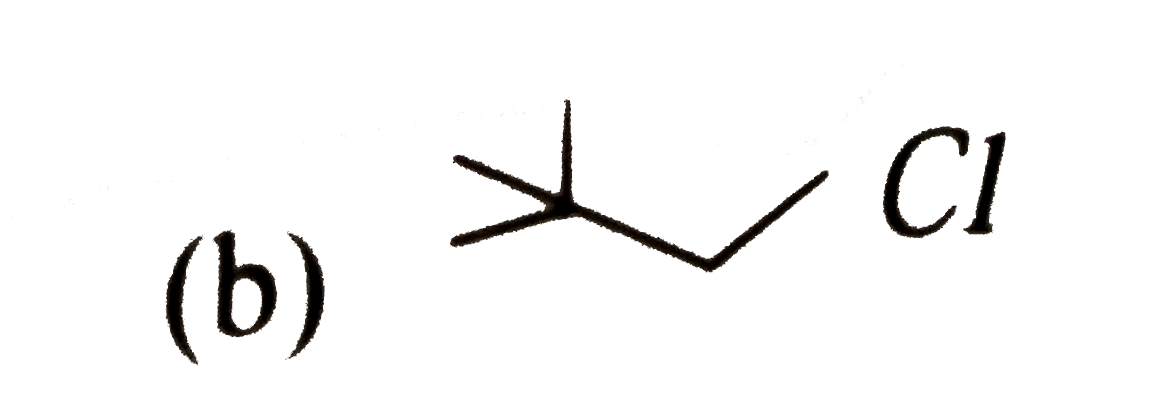 C
C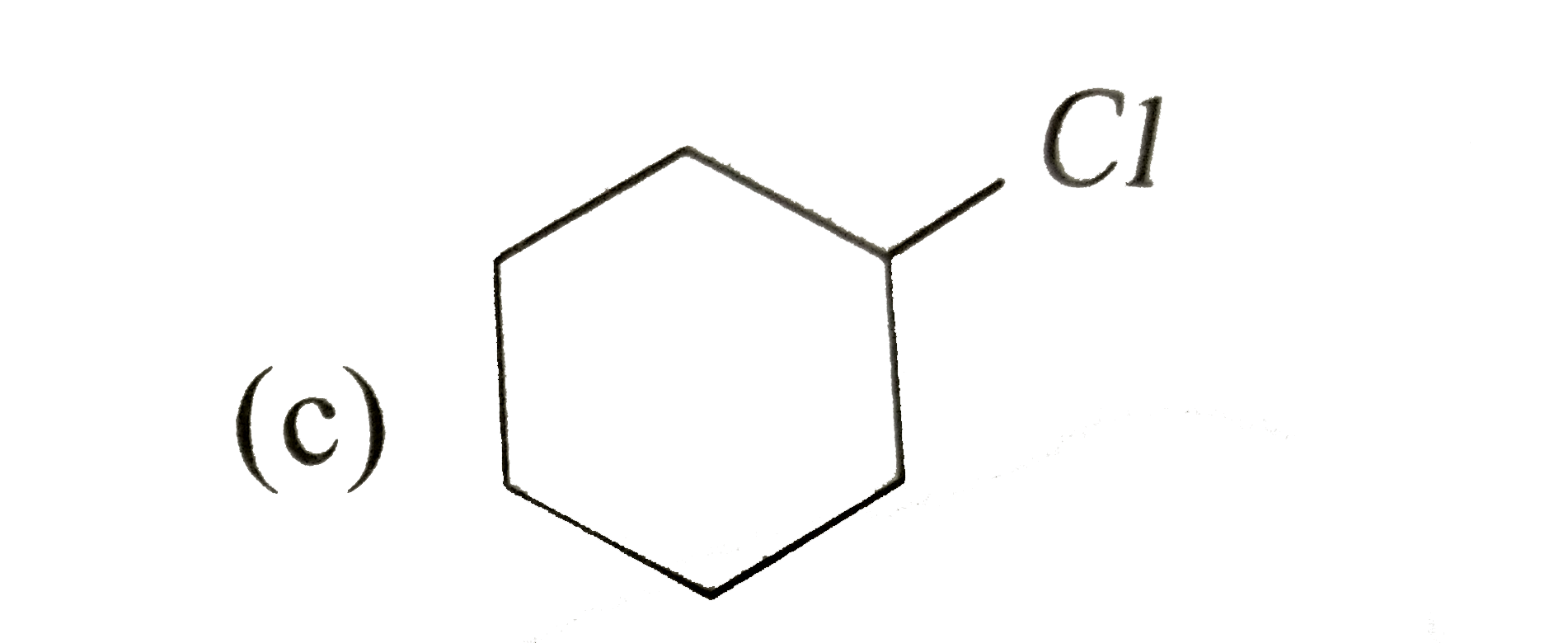 D
D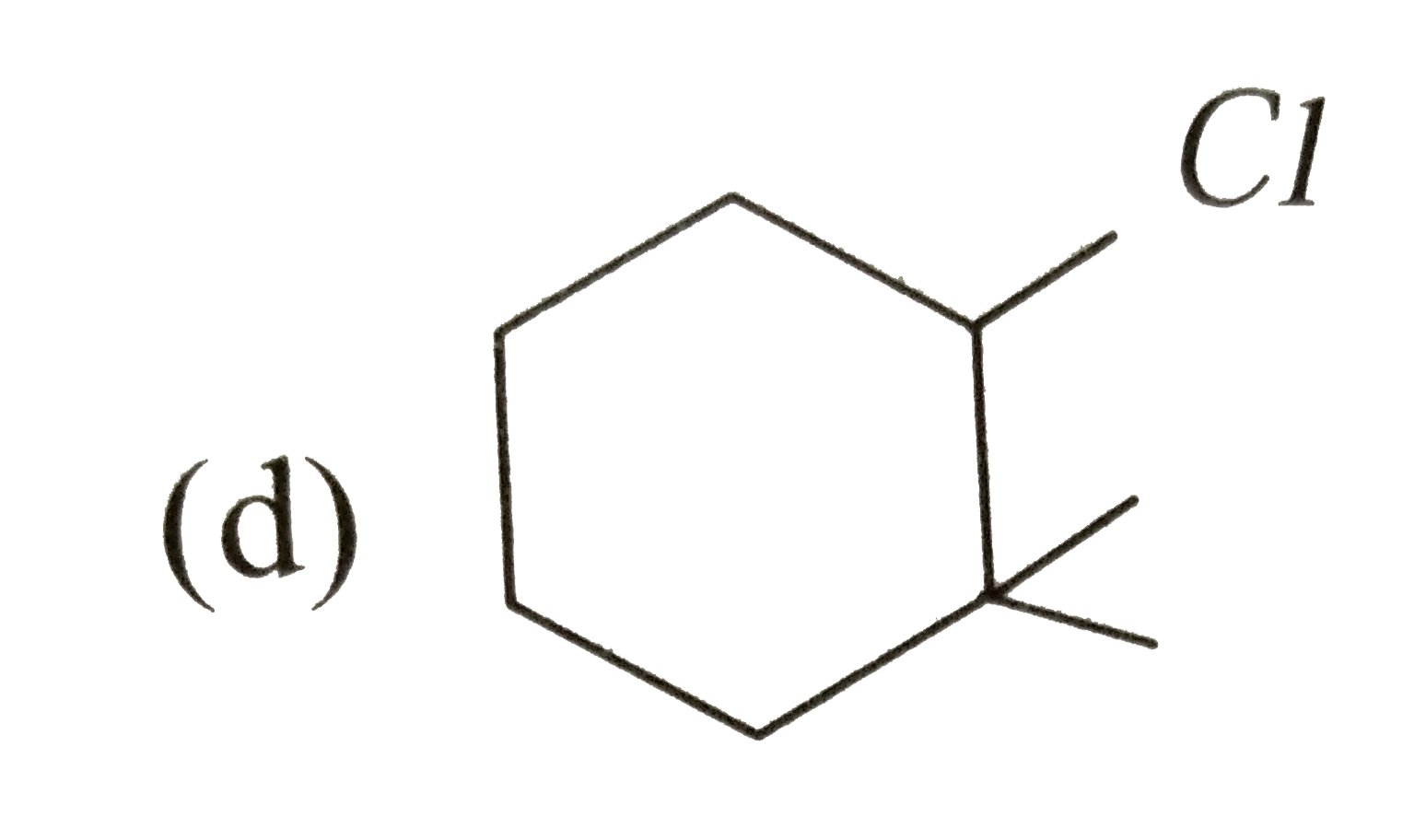
Which one is the most reactive towards SN1 reaction?
View SolutionWhich one is most reactive towards SN1 reaction?
View SolutionWhich one is most reactive towards SN1 reactions ?
View SolutionWhich one is most reactive towards SN1 reactions ?
View SolutionWhich one is the most reactive towards SN1 reaction ?
View Solution

